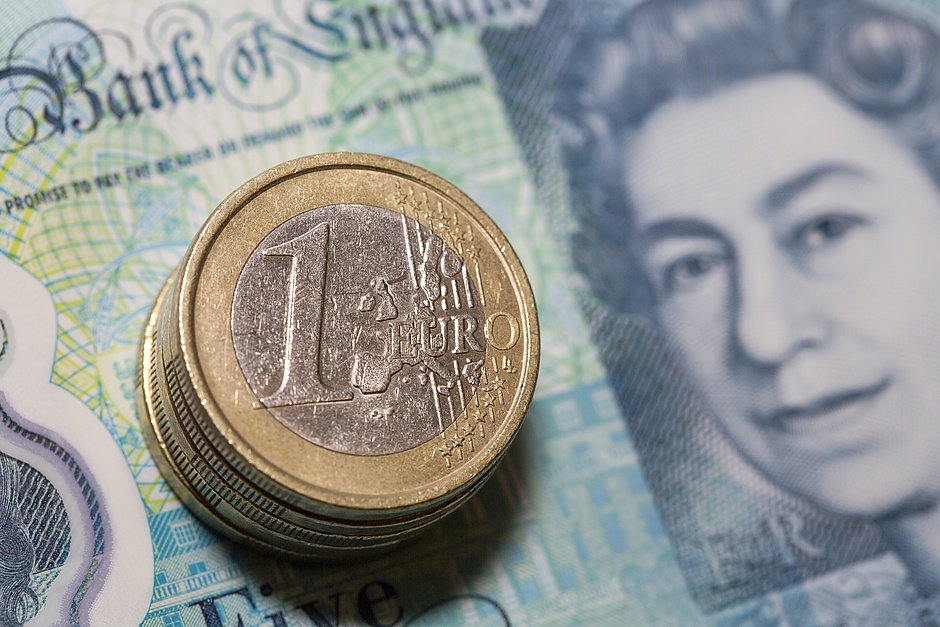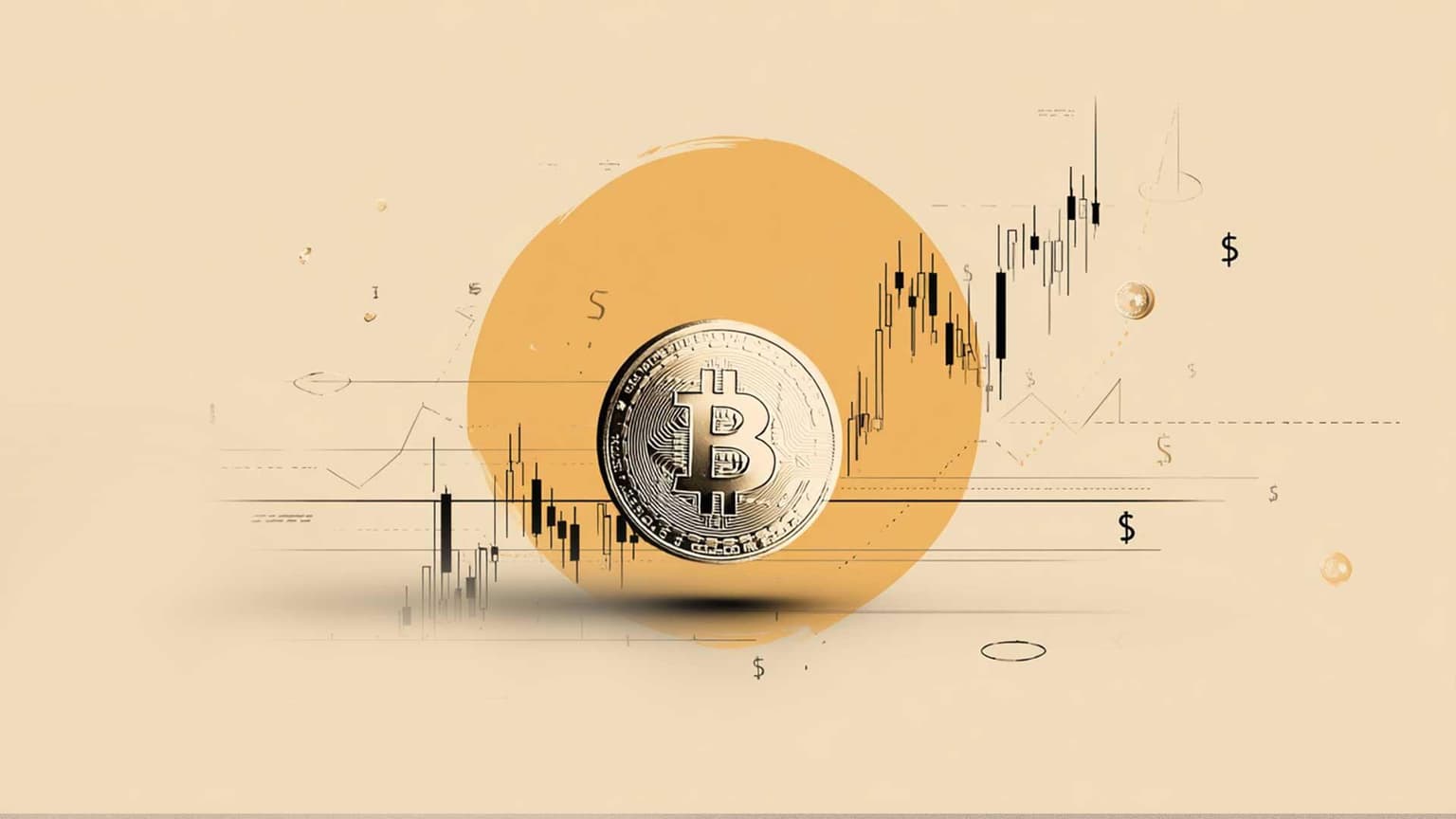EUR/GBP slumps to fresh fortnight low below 0.8500 on multiple headwinds
- EUR/GBP tests territory below 0.8500 as the Euro weakens against Sterling after soft Eurozone Q2 Negotiated Wage Rates.
- The ECB is widely anticipated to cut interest rates again in September.
- The Pound Sterling strengthens on upbeat flash UK PMI for August.

The EUR/GBP pair posts a fresh almost three-week low near 0.8480 in Thursday’s North American session. The cross weakens as the Euro is underperforming against the Pound Sterling after soft Q2 Negotiated Wage Rates boosted expectations of European Central Bank (ECB) rate cuts in September.
The ECB kicked off its policy-easing in June, and after a pause in July, it is expected to cut its key borrowing rates again in September. The data came in Thursday’s European trading hours showed that Negotiated Wage Rates grew at a slower pace of 3.55% from 4.74% in the first quarter this year, easing fears of inflation remaining persistent.
Economists at ING said in a note on Thursday, "The European Central Bank has remained uncomfortable with cutting interest rates while wage growth is elevated.”
Also, upbeat flash Eurozone HCOB Composite Purchasing Managers’ Index (PMI) data for August fails to strengthen the Euro (EUR). The preliminary report showed that the Composite PMI unexpectedly rose to 51.2. Economists projected the overall activity to have barely expanded. Strong growth in the Eurozone economy came largely from upbeat business activity in France due to the Olympic games in Paris, while the PMI in its largest economy, Germany, contracted at a faster pace.
Meanwhile, the Pound Sterling (GBP) performs strongly against its major peers on upbeat preliminary United Kingdom (UK) S&P Global/CIPS PMI data for August has strengthened its economic outlook. The Composite PMI expanded at a faster pace, boosted by a sharp increase in activities in both manufacturing and the service sector.
A sharp growth in overall business activity appears to be the outcome of the interest rate cut by the Bank of England (BoE) on August 1. The BoE is expected to cut interest rates one more time in the last quarter of this year.
Euro FAQs
The Euro is the currency for the 20 European Union countries that belong to the Eurozone. It is the second most heavily traded currency in the world behind the US Dollar. In 2022, it accounted for 31% of all foreign exchange transactions, with an average daily turnover of over $2.2 trillion a day. EUR/USD is the most heavily traded currency pair in the world, accounting for an estimated 30% off all transactions, followed by EUR/JPY (4%), EUR/GBP (3%) and EUR/AUD (2%).
The European Central Bank (ECB) in Frankfurt, Germany, is the reserve bank for the Eurozone. The ECB sets interest rates and manages monetary policy. The ECB’s primary mandate is to maintain price stability, which means either controlling inflation or stimulating growth. Its primary tool is the raising or lowering of interest rates. Relatively high interest rates – or the expectation of higher rates – will usually benefit the Euro and vice versa. The ECB Governing Council makes monetary policy decisions at meetings held eight times a year. Decisions are made by heads of the Eurozone national banks and six permanent members, including the President of the ECB, Christine Lagarde.
Eurozone inflation data, measured by the Harmonized Index of Consumer Prices (HICP), is an important econometric for the Euro. If inflation rises more than expected, especially if above the ECB’s 2% target, it obliges the ECB to raise interest rates to bring it back under control. Relatively high interest rates compared to its counterparts will usually benefit the Euro, as it makes the region more attractive as a place for global investors to park their money.
Data releases gauge the health of the economy and can impact on the Euro. Indicators such as GDP, Manufacturing and Services PMIs, employment, and consumer sentiment surveys can all influence the direction of the single currency. A strong economy is good for the Euro. Not only does it attract more foreign investment but it may encourage the ECB to put up interest rates, which will directly strengthen the Euro. Otherwise, if economic data is weak, the Euro is likely to fall. Economic data for the four largest economies in the euro area (Germany, France, Italy and Spain) are especially significant, as they account for 75% of the Eurozone’s economy.
Another significant data release for the Euro is the Trade Balance. This indicator measures the difference between what a country earns from its exports and what it spends on imports over a given period. If a country produces highly sought after exports then its currency will gain in value purely from the extra demand created from foreign buyers seeking to purchase these goods. Therefore, a positive net Trade Balance strengthens a currency and vice versa for a negative balance.
Author

Sagar Dua
FXStreet
Sagar Dua is associated with the financial markets from his college days. Along with pursuing post-graduation in Commerce in 2014, he started his markets training with chart analysis.

















